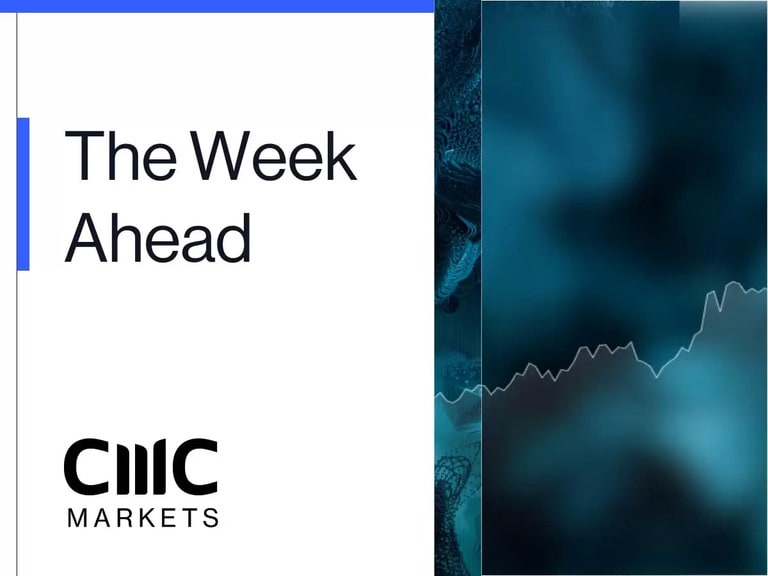The term "everything rally" is often used during periods of monetary policy easing by central banks. During such times, stocks, bonds, and commodities typically all experienced price increases simultaneously, representing a surge across various asset classes.
However, currently, central banks in developed economies seem more inclined to tighten monetary conditions rather than loosen them. Despite this, the "everything rally" continues. This is likely connected to the expectation among investors that monetary policy will ease in the near future, as inflation is expected to reach the target soon. But is this anticipation justified?
Market Reaction to the US Inflation Drop
Yesterday's response to the decline in the Consumer Price Index (CPI) and in core CPI in the United States illustrates this dynamic. To recap, CPI fell from 3.7% to 3.2% in October, while core CPI dropped from 4.1% to 4.0%. This was sufficient to cause yields to sharply decline across the entire yield curve, along with an increased likelihood of the Federal Reserve cutting interest rates next year.
Dollar's Largest Drop in a Year
In response to the rapid shift in market interest rates, the US dollar experienced its most significant drop since November of the previous year. Stock indices also rose. Since the end of October, the Nasdaq 100 has increased by 12%, completing half of the expected yearly move in just three weeks. This represents a substantial growth momentum in a very short period, potentially resulting from a combination of the FOMO factor (fear of missing out), short position reduction, and a relief rally due to declining yields.
US Inflation Is Not Yet Conquered
The market is highly accelerated, the dollar has plummeted, and yields have fallen. This seems to create a very favorable environment for speculators, and volatility may remain elevated. There is also the possibility of US indices reaching record levels. However, it is crucial to remember that inflation has not been conquered.
The main contributor to the decline in CPI is the energy component, including heating oil and gasoline. It's worth noting that October and November are months with a high base effect from the previous year. This means that lower inflation may persist for the current month, but December readings are unlikely to be as optimistic. It's essential to keep this in mind when observing the current market frenzy, especially with interest rates remaining high in developed economies.
Government Shutdown Postponed, for Now
An additional factor reducing uncertainty in the markets may be the postponement of the US government shutdown from November 17, 2023, to at least January 19, 2024, according to the latest information from across the ocean.
Disclaimer: CMC Markets is an execution-only service provider. The material (whether or not it states any opinions) is for general information purposes only, and does not take into account your personal circumstances or objectives. Nothing in this material is (or should be considered to be) financial, investment or other advice on which reliance should be placed. No opinion given in the material constitutes a recommendation by CMC Markets or the author that any particular investment, security, transaction or investment strategy is suitable for any specific person. The material has not been prepared in accordance with legal requirements designed to promote the independence of investment research. Although we are not specifically prevented from dealing before providing this material, we do not seek to take advantage of the material prior to its dissemination.







